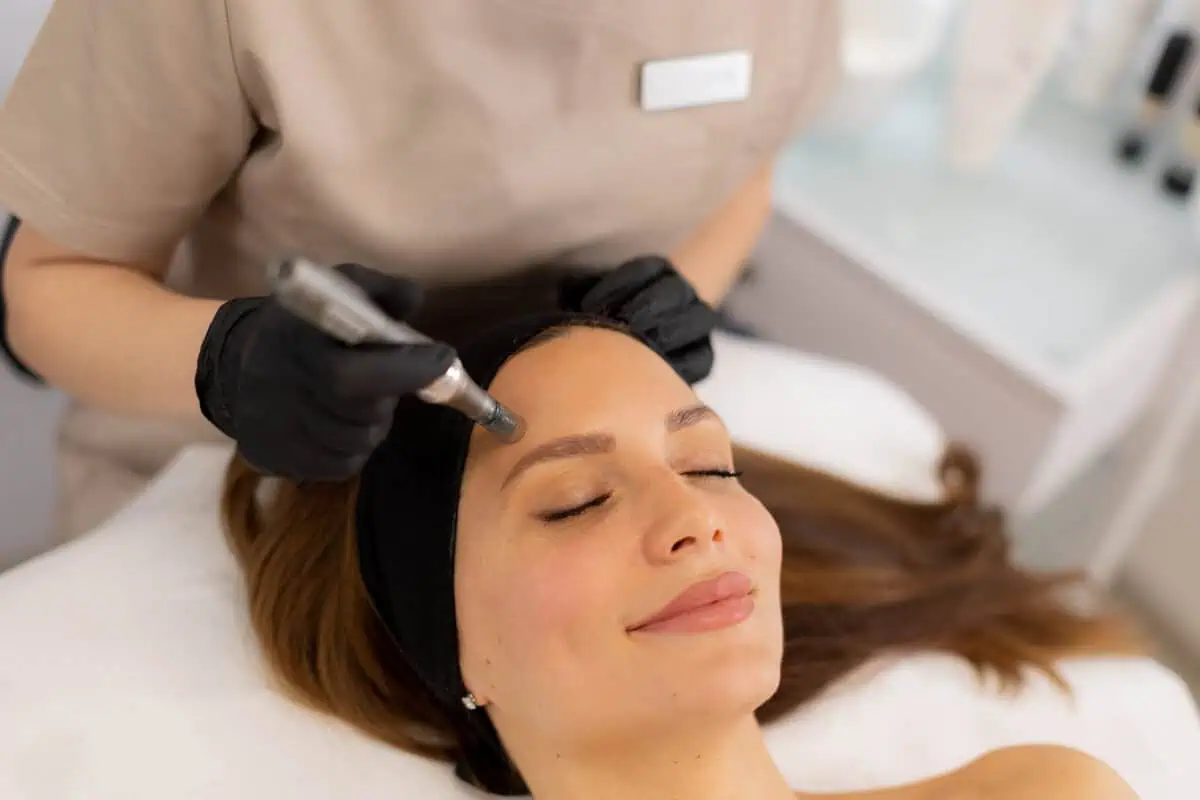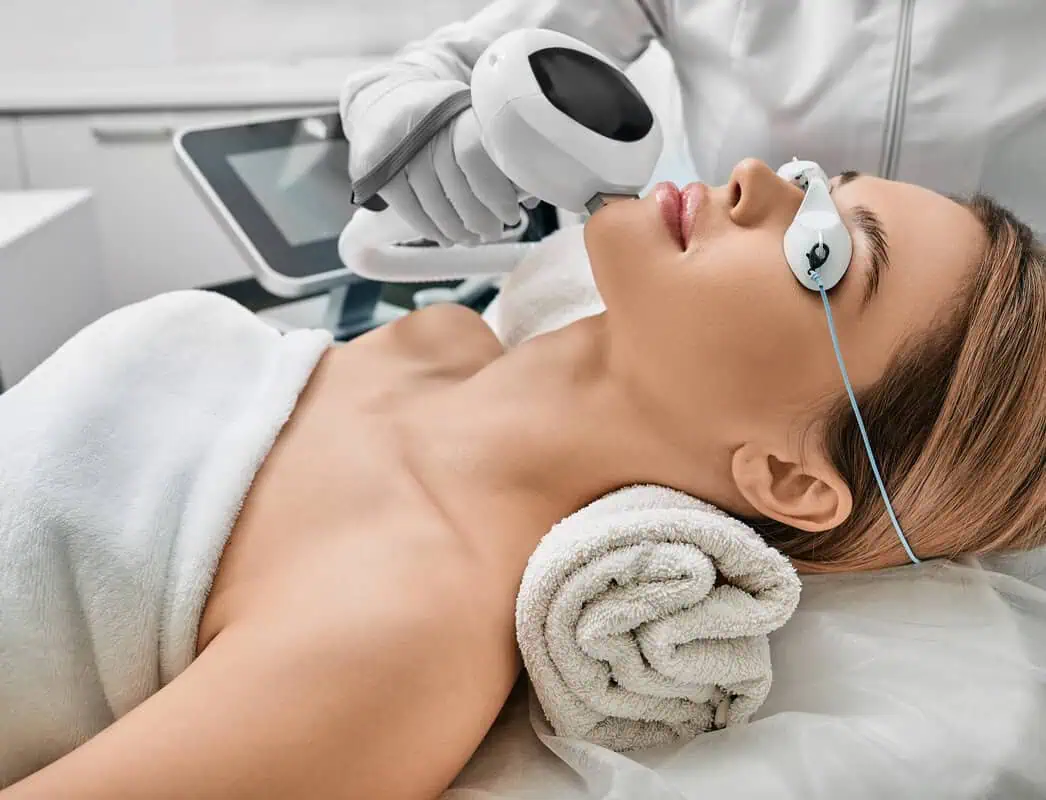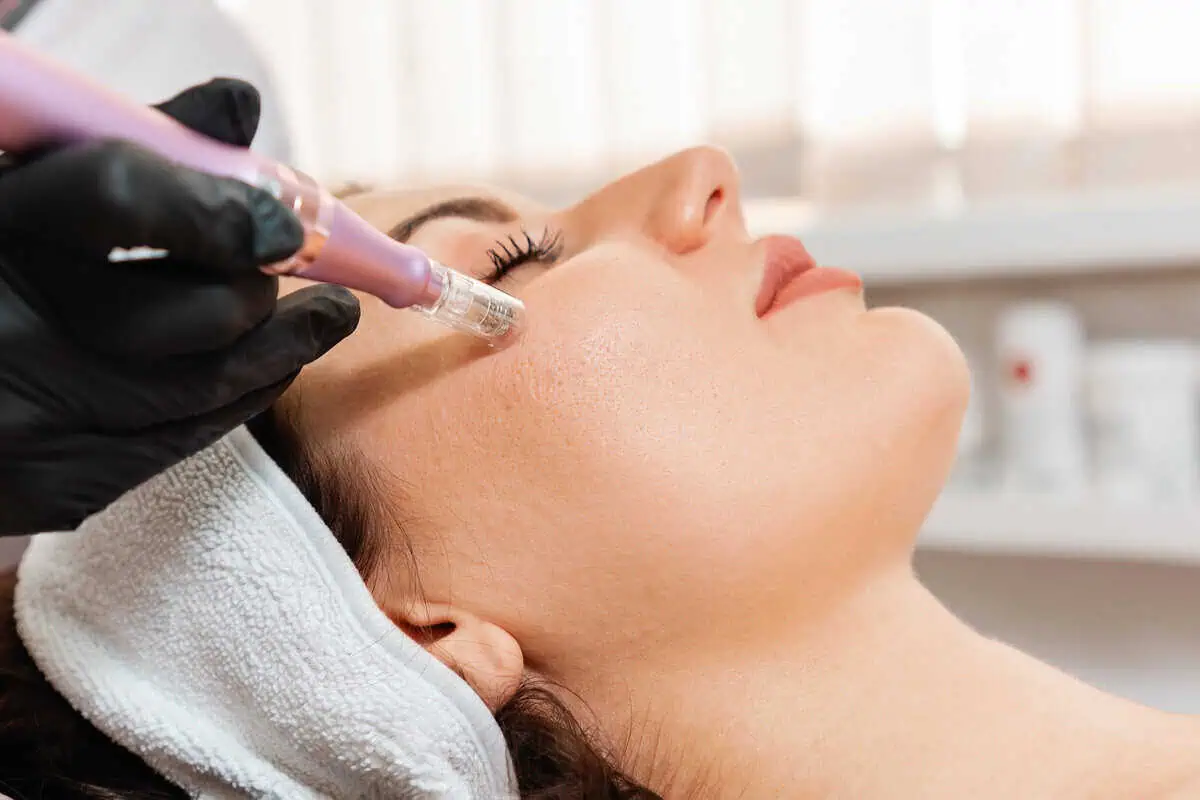Chemical peels have steadily gained traction as a sought-after skincare treatment, offering a solution to various skin concerns. Originating from ancient practices, these treatments have evolved with modern science to provide targeted results. From the subtle signs of aging to the more pronounced marks left by acne, many individuals grapple with skin issues that affect their confidence and self-perception. While myriad treatments are available, chemical peels stand out due to their versatility and efficacy.
What Are Chemical Peels?
Chemical peels are a dermatological procedure that involves the application of a chemical solution to the skin’s surface. The primary objective of this treatment is to accelerate the natural exfoliation process, leading to the removal of the outermost layer of the skin, known as the epidermis. As this layer sheds, it reveals a newer, often smoother, more even-toned layer beneath.
At the heart of this procedure is the science of skin regeneration. Our skin naturally undergoes a cycle where new ones replace old cells. However, age, sun damage, and certain skin conditions can slow down this process. Chemical peels give this cycle a nudge, encouraging faster cell turnover.
Different types of chemical peels are categorized based on their penetration depth:
- Superficial Peels: Commonly referred to as “lunchtime peels,” these utilize mild acids such as alpha-hydroxy acid. Their primary focus is the epidermis, the skin’s outermost layer. Being the gentlest type, they typically have minimal downtime.
- Medium Peels: These delve into the skin’s outer and middle layers. Ingredients like glycolic or trichloroacetic acid are predominant in these peels, offering a more profound effect than superficial ones.
- Deep Peels: Targeting even further, deep into the dermis, these peels employ phenol as their main component. While they promise the most dramatic results, they also come with extended recovery periods and an elevated risk of side effects.
Skin Concerns Addressed by Chemical Peels
Chemical peels have become a cornerstone in dermatological treatments due to their ability to address various skin concerns. Their primary function is to expedite the skin’s natural exfoliation process, which can alleviate various issues.
- Acne and Acne Scars: One of the most common uses of chemical peels is to treat acne and the scars it often leaves behind. By promoting rapid cell turnover, these peels can unclog pores, reduce inflammation, and diminish the appearance of post-acne marks. Over time and with consistent treatments, the skin’s texture becomes smoother, and scars become less noticeable.
- Wrinkles and Fine Lines: Aging inevitably changes our skin, with wrinkles and fine lines being the most prominent. Chemical peels stimulate collagen production, a protein responsible for the skin’s elasticity. By boosting collagen, the skin becomes firmer, and the appearance of wrinkles is reduced.
- Hyperpigmentation and Sun Damage: Prolonged exposure to the sun, hormonal changes, or even injuries can lead to hyperpigmentation, where patches of skin become darker than the surrounding areas. Chemical peels can target these darkened areas, promoting even skin tone and reducing the appearance of sunspots, melasma, and other forms of discoloration.
- Rough Texture and Enlarged Pores: Over time, factors like environmental pollutants, makeup, and natural aging can lead to an uneven skin texture and enlarged pores. Chemical peels help refine the skin’s surface, making it smoother and minimizing the appearance of large pores.
- Other Concerns: Beyond these common issues, chemical peels can effectively treat conditions like rosacea, freckles, and certain keratoses.
Chemical Peel Experience: What To Expect
When you first decide to get a chemical peel, it usually begins with a consultation with a dermatologist or skincare professional. This initial meeting is crucial as it allows the expert to assess your skin type, understand your concerns, and recommend the most suitable type of peel for you.
On the day of the procedure, the skin is thoroughly cleansed to remove any dirt, oil, or makeup. The chosen chemical solution is then applied to the skin. During this application, it’s common to feel a tingling or slight burning sensation, the active ingredient working on the skin. This temporary sensation usually subsides once the solution is neutralized and rinsed off.
The skin often appears reddened following the procedure, similar to a sunburn. This is a natural reaction and a sign that the peel is starting its work. Over the next few days, the skin will peel or flake off. Resist the urge to pick or peel the skin manually, which can lead to scarring. Instead, let the skin shed naturally.
Post-peel care is vital. The skin will be more sensitive, especially to the sun, so wearing a broad-spectrum sunscreen is necessary. It’s also recommended to keep the skin moisturized and avoid using harsh or abrasive products for a few days.
Results
Post-treatment, the skin typically reveals a brighter, smoother, and even-toned appearance. Acne scars, hyperpigmentation, and fine lines often diminish, giving way to a rejuvenated complexion. The effectiveness and longevity of the results vary based on the peel’s intensity and individual skin types. While superficial peels offer immediate freshness, deeper peels provide more dramatic and lasting outcomes. However, a series of treatments combined with proper post-peel care is often recommended for optimal results.
Who’s A Good Candidate?
Determining candidacy for chemical peels hinges on various factors. Ideal candidates seek to address specific skin concerns like acne scars, hyperpigmentation, or fine lines. Those with lighter skin tones often see more consistent results, though peels are available for all skin types. Have realistic expectations and be in good health. However, those with active skin infections, certain skin diseases, or who are pregnant might be advised against it. A thorough consultation with a dermatologist or skincare professional is essential to assess suitability, discuss potential risks, and ensure the chosen peel aligns with the individual’s skin goals.
Takeaway
Chemical peels are a proven method to address a range of skin concerns. For those considering this treatment, seeking expertise and care is essential. At Health and Wellness Spa, we prioritize your skin’s health and well-being. Our experienced team is equipped to guide you through the process, ensuring optimal results. If you’re ready to take the next step in your skincare journey, contact or book an appointment with Health and Wellness Spa today.





